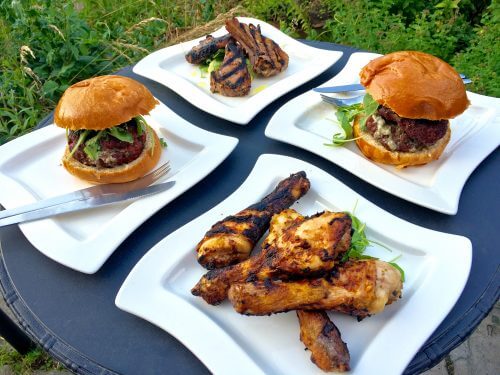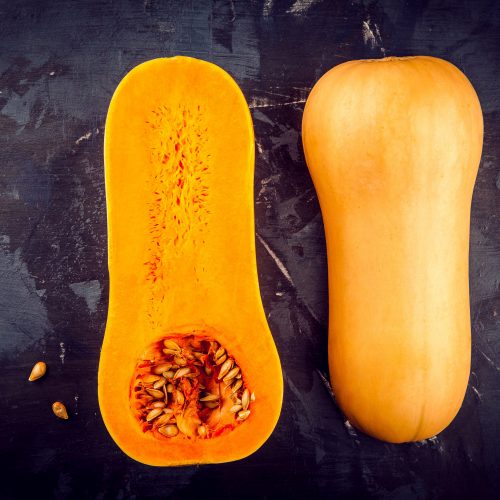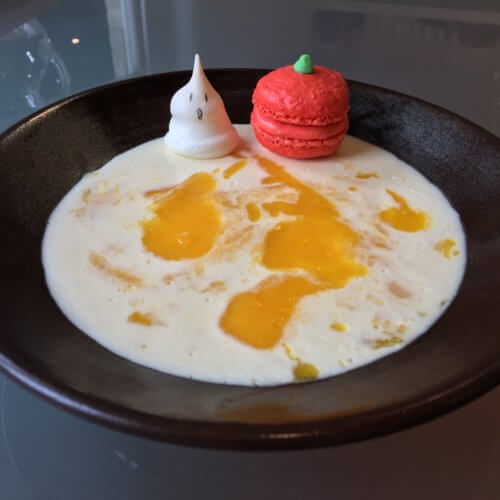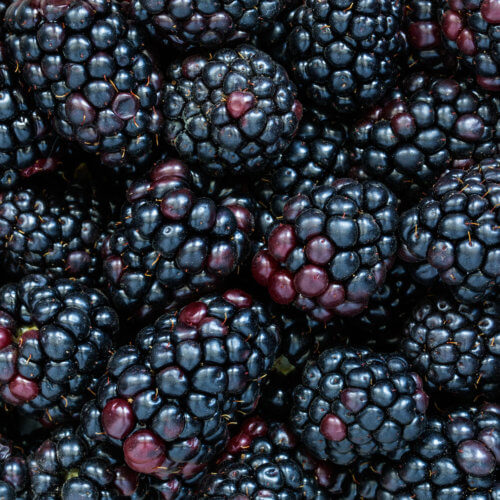Brining was used as a method of preserving food, but it has gradually become an indispensable method in the arsenal of the modern chef. Not only does it infuse meats with flavour; it also tenderises the meat and keeps it surprisingly moist.
The basic principle is that you brine meat in a solution of 1l of water and 80g of salt, for anything from 30 minutes up to several days, depending on the size of the meat (roughly 1 hour per 450g of meat). Aromatics can also be added for extra effect, such as bay leaf, peppercorns, citrus, garlic, fresh herbs and spices. We would also recommend substituting up to half the water with another liquid such as brandy, ale or wine for deeper flavour.
Brine eventually equalises the salt levels across the meat and the solution, through a combination of diffusion and osmosis. This hydrates the cells in the meat itself, raising moisture levels and imparting flavour by adding saltiness. Once the meat is cooked, the increased moisture results in a juicier finished product. Tenderising occurs as the salt begins to break down the protein strands in the meat. For example, if you leave a chicken breast in brine for too long it would eventually disintegrate altogether. Any meats that tend to dry out when cooked, such as chicken, prawn, turkey or pork, will benefit greatly from brining. Applying this method before barbecuing is also an extremely good idea – no more tough, chewy and boring chicken kebabs!




